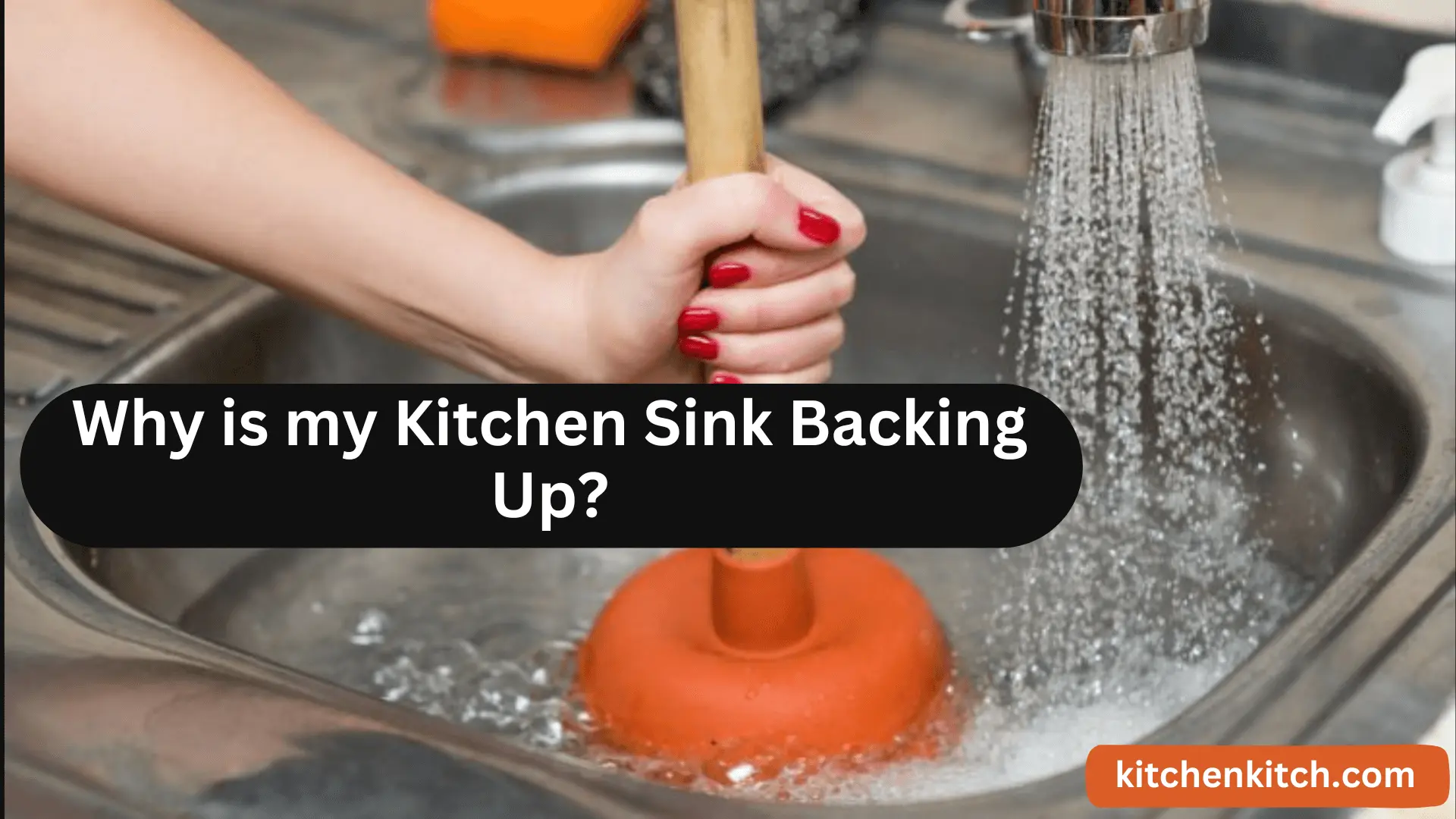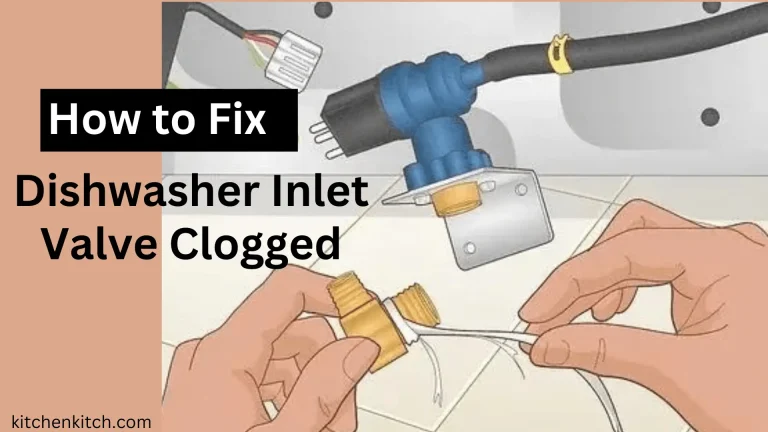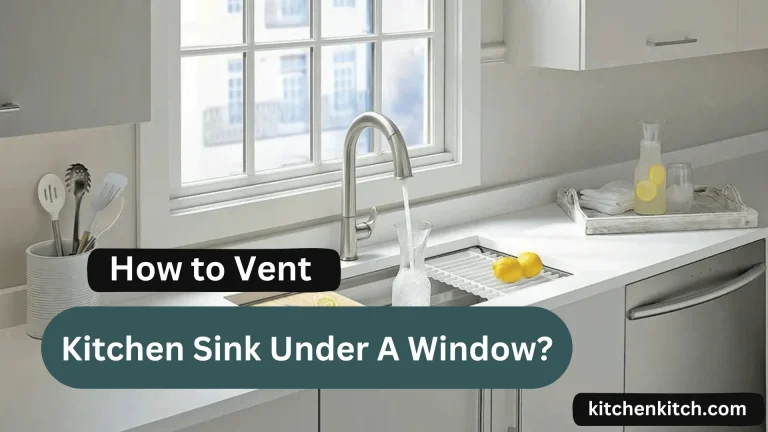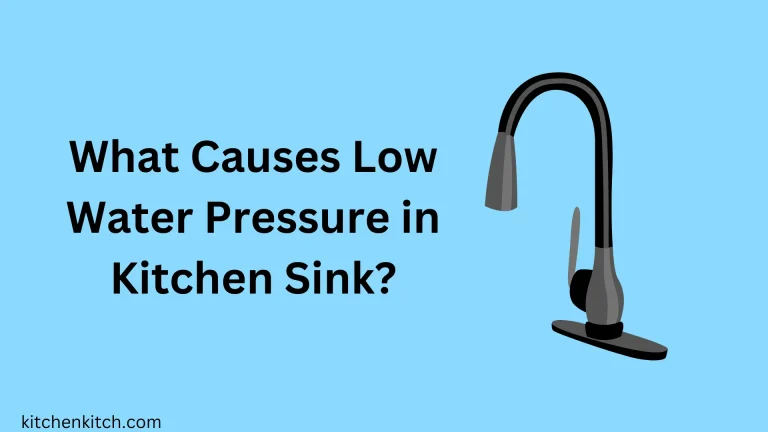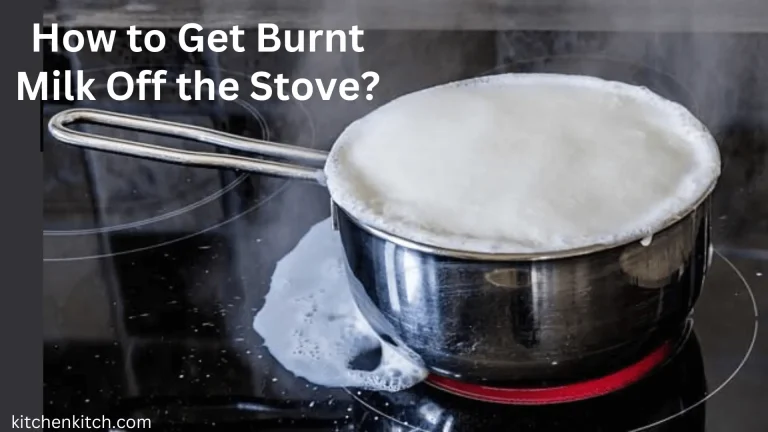Why is my Kitchen Sink Backing Up? Explained
Curious about why your kitchen sink gets all backed up? Well, buckle up because we’re diving into the reasons behind this annoying issue. It’s a pesky problem that can mess with your day, slowing down the water drainage and leaving behind some stinky smells. But fear not! We’ve got the lowdown on what causes it and how you can fix it or stop it from happening again. So, let’s explore why is my kitchen sink backing up.
Causes of Kitchen Sink Backing Up
Let’s talk about why your kitchen sink decides to throw a backup party. There are a few culprits behind this irritating issue:
- Food Scraps: Dumping too many food scraps down the drain can clog it up real quick. Bits of food can stick to the pipes and create a blockage.
- Grease and Oil: Pouring grease or oil down the drain might seem convenient, but it can solidify and cling to the pipes, causing a blockage over time.
- Soap Scum and Residue: Soap residue and other gunk can build up in the pipes, narrowing them and making it harder for water to flow freely.
- Foreign Objects: Sometimes, things like utensils, small toys, or even jewelry can accidentally find their way into the drain, causing a backup.
- Faulty Plumbing: In some cases, the issue might be with the plumbing itself, such as pipe misalignment or damage, leading to poor drainage.
Understanding these causes can help you prevent future sink backups and keep your kitchen running smoothly.
Troubleshooting the Kitchen Sink Backing Issue
Let’s roll up our sleeves and tackle that pesky kitchen sink backup issue head-on! Here’s how you can troubleshoot and resolve it:
Plunge Away: Just like with a toilet clog, a sink can often be cleared with a plunger. Make sure there’s enough water in the sink to cover the plunger, then give it a few vigorous plunges to dislodge any blockages.
Boiling Water: Pouring boiling water down the drain can help dissolve grease and loosen up clogs. Be careful not to burn yourself and avoid using this method if you have PVC pipes, as hot water can damage them.
Baking Soda and Vinegar: This classic combo can work wonders on sink clogs. Pour a cup of baking soda down the drain, followed by a cup of vinegar. Let it sit for a while, then flush with hot water.
Snake the Drain: If plunging and chemicals don’t do the trick, you may need to use a plumbing snake to manually remove the blockage. Insert the snake into the drain and twist it until you feel resistance, then pull out the clog.
Call in the Pros: If all else fails or if you’re not comfortable tackling the issue yourself, it’s time to call a professional plumber. They have the tools and expertise to diagnose and fix even the trickiest of sink backups.
By following these troubleshooting steps, you’ll be able to banish that kitchen sink backup and get back to your normal routine in no time. You should also know how to vent a kitchen sink under a window.
When to Seek a Professional Help?
Knowing when to call in the professionals can save you time, money, and frustration when dealing with a stubborn kitchen sink backup. Here are some signs that it’s time to seek professional help:
- Persistent Backup: If you’ve tried DIY methods like plunging, using drain cleaners, or snaking the drain multiple times without success, it’s a clear indication that the problem might be beyond your expertise.
- Foul Odors: Lingering bad smells even after attempting to clear the drain could indicate a more serious issue, such as a sewer line blockage or a damaged pipe, which requires professional attention.
- Slow Drainage: If water continues to drain slowly even after your efforts to clear the blockage, there may be a deeper issue within the plumbing system that needs professional assessment.
- Recurring Backups: If the sink backs up repeatedly, it could be a sign of a larger underlying problem, such as tree root intrusion, pipe corrosion, or improper installation, all of which require professional diagnosis and repair.
- Visible Damage: If you notice visible damage to the pipes, such as leaks, cracks, or corrosion, it’s best to leave the repairs to a licensed plumber who has the expertise and equipment to handle such issues safely and effectively.
- Lack of Experience: If you’re not confident in your plumbing skills or lack experience in dealing with complex plumbing issues, it’s best to leave the job to the professionals to avoid causing further damage.
When in doubt, it’s always better to err on the side of caution and seek professional help rather than risk making the problem worse. A qualified plumber can accurately diagnose the issue and provide the appropriate solution to get your kitchen sink back in working order.
Conclusion
In conclusion, understanding why your kitchen sink backs up is crucial for preventing future headaches. By recognizing common causes such as food scraps, grease buildup, and plumbing issues, you can take proactive steps to keep your sink running smoothly. Whether it’s DIY fixes or calling in a professional plumber, addressing the problem promptly ensures a clean and functional kitchen for your daily use. Don’t let a backed-up sink dampen your day—take action and enjoy a hassle-free kitchen experience!

